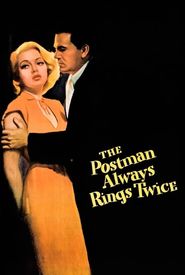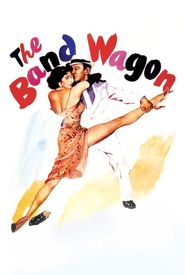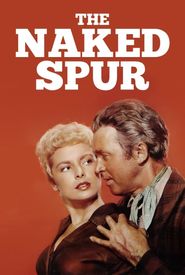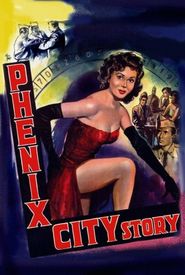George White, a celebrated and accomplished Hollywood editor, embarked upon his remarkable career in 1942, with the vast majority of his professional endeavors taking place at the esteemed Metro-Goldwyn-Mayer film studio.
Notable highlights from his extensive and distinguished body of work include the war film "Bataan", which made its theatrical debut in 1943, and Vincente Minnelli's romantic drama "The Clock", which premiered in 1945 to widespread critical acclaim.
In addition to these notable achievements, George White also lent his editorial expertise to Tay Garnett's sultry and seductive adaptation of the classic novel "The Postman Always Rings Twice", which captured the hearts and imaginations of audiences everywhere when it hit theaters in 1946.
Furthermore, his impressive repertoire of work also includes the visually stunning epic "Green Dolphin Street", for which he received a prestigious Academy Award nomination for his exceptional contributions to Film Editing.
Lastly, George White's illustrious career was further marked by his involvement in the 1949 family-friendly film "Challenge to Lassie", a heartwarming and entertaining cinematic experience that delighted audiences of all ages.
During the 1950s, Gene White's cinematic endeavors spanned a wide array of films, including the 1950 release "A Life of Her Own", a thought-provoking drama that showcased his versatility as a filmmaker.
In 1954, White was involved in the production of "The Naked Spur", a Western masterpiece widely regarded as one of the best in its genre, directed by the renowned Anthony Mann.
That same year, White's work on the biblical epic "The Silver Chalice" played a pivotal role in catapulting the career of the talented Paul Newman, a development that had a lasting impact on the entertainment industry.
The illustrious career of the renowned film editor, Jack White, began to experience a decline in popularity during the tumultuous 1960s, a decade marked by great social change and cultural upheaval. As his initial success began to wane, White found himself working on a series of low-budget films, a significant departure from the high-profile projects that had previously defined his career.
Despite this creative shift, White's final film, The Navy vs. the Night Monsters, would ultimately become a cult classic, a testament to his enduring legacy in the world of cinema. This remarkable film, released in 1966, would serve as the culmination of White's remarkable editing career, one that had spanned an impressive four decades.
In the same year, White would bring an end to his illustrious career, a decision that would mark the conclusion of an era in the world of film editing. His remarkable contributions to the industry would be remembered for generations to come, a lasting tribute to his dedication, skill, and perseverance.




















